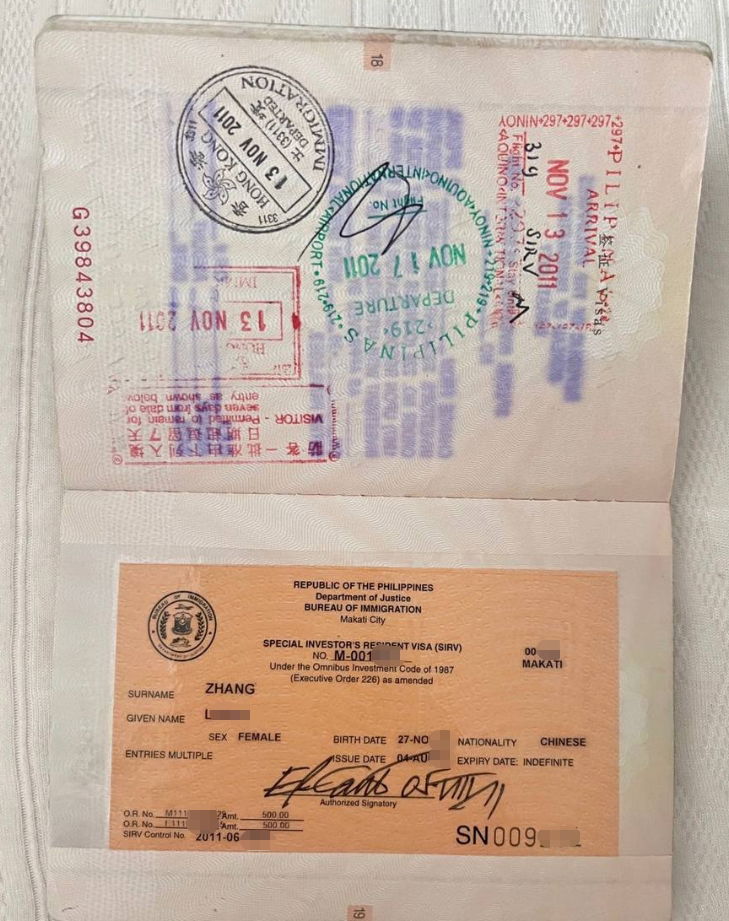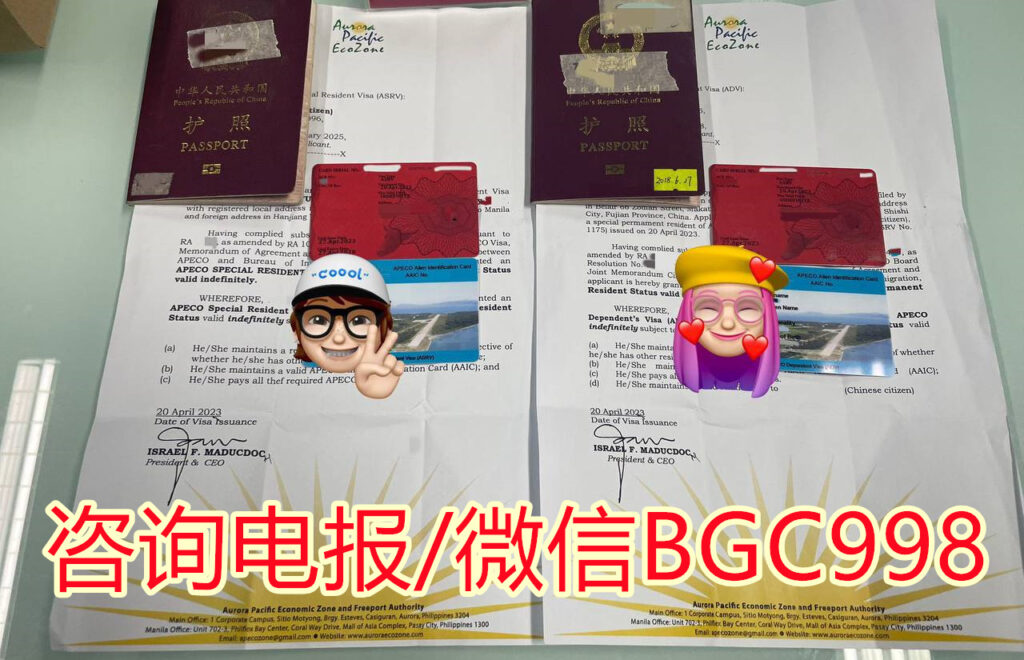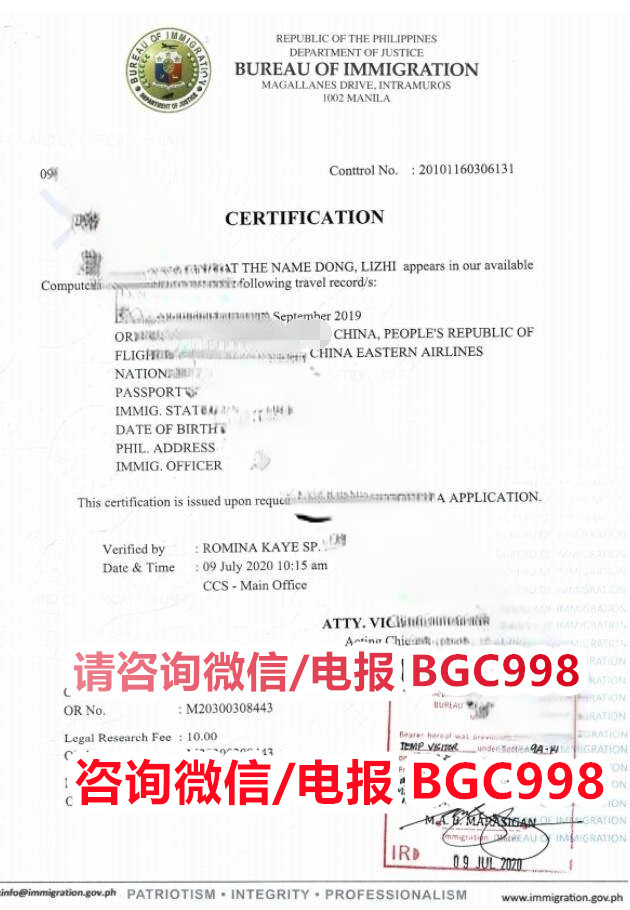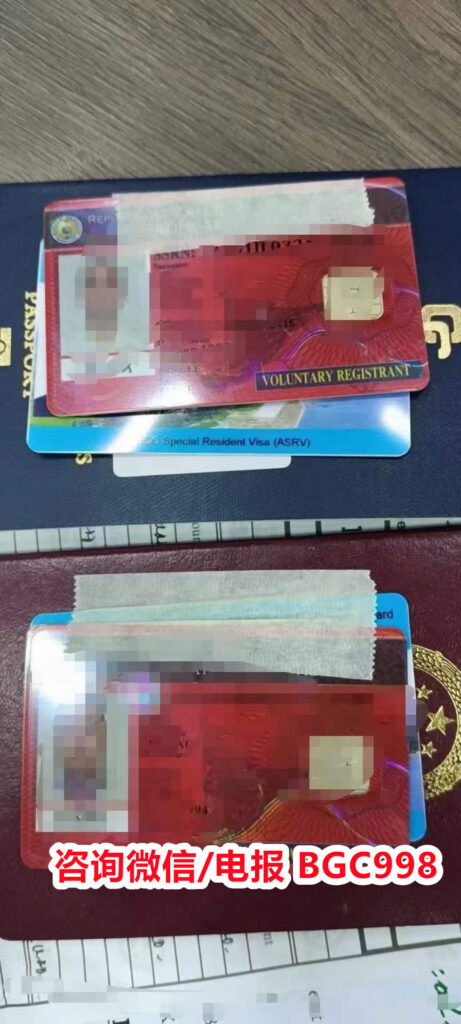Can a Philippines marriage visa (13A) holder open a business in the Philippines?

Can a Philippines marriage visa (13A) holder apply for Philippine citizenship eventually?
Yes, a foreign spouse with a Philippines marriage visa (13A) may eventually apply for Philippine citizenship, but it is not automatic. Citizenship requires undergoing the naturalization process, which is governed by Philippine law. Typically, a foreigner must reside continuously in the Philippines for a set number of years, show good moral character, speak and write in Filipino or English, and integrate into local culture. For those married to Filipino citizens, the residency requirement is often reduced, usually to five years of continuous stay. The foreign spouse must also demonstrate financial stability and willingness to abide by Philippine laws. It is important to note that naturalization involves a formal petition to the courts and approval is not guaranteed. Many 13A holders choose to remain as permanent residents rather than pursue citizenship, as permanent residency already provides most of the benefits of living in the Philippines, except for voting rights and holding public office.

How does the Philippines marriage visa (13A) affect property ownership rights?
Under Philippine law, foreigners cannot own land outright, even if they hold a Philippines marriage visa (13A). However, the Filipino spouse can purchase property in their own name, and the foreign spouse may co-own improvements such as buildings or houses constructed on the land. In cases of inheritance, a 13A holder can inherit property from their Filipino spouse, but restrictions on land ownership still apply, meaning the property may need to be transferred in accordance with constitutional limits. A foreign spouse can also legally lease land for up to 50 years, renewable for another 25 years. For couples planning to invest in property, the Philippines marriage visa allows secure residency, but careful legal planning is necessary to comply with ownership restrictions. Consulting a property lawyer is recommended to ensure the couple’s investments are protected while staying within the bounds of Philippine property law.

Does the Philippines marriage visa (13A) require annual renewal?
The permanent Philippines marriage visa (13A) itself does not require yearly renewal once it is granted. However, all foreign residents, including 13A holders, must comply with the annual reporting requirement at the Bureau of Immigration. This involves paying a small fee, presenting the Alien Certificate of Registration (ACR I-Card), and updating personal information such as address or marital status if there are changes. Failure to complete the annual report can result in penalties or even jeopardize residency status. In addition, if the 13A visa holder changes employment, residence, or family circumstances, they must notify immigration authorities. While the visa remains valid indefinitely after conversion from probationary to permanent, compliance with reporting rules is essential to maintain good standing. Many foreign spouses appreciate this arrangement, as it provides long-term stability without the burden of annual visa renewals common in other visa categories.

What happens if the Filipino spouse passes away while the foreign spouse holds a Philippines marriage visa (13A)?
If the Filipino spouse passes away, the foreign spouse’s Philippines marriage visa (13A) may be subject to cancellation, as the visa is primarily based on the marital relationship. However, the Bureau of Immigration sometimes grants humanitarian extensions, especially if the couple has children together or the foreign spouse has established deep ties to the Philippines. In such cases, the foreign spouse can apply for a different type of long-term visa or request consideration for continued residency. Legal proof of financial capacity and family connection within the country may support the petition. It is important to act quickly and consult an immigration lawyer after the death of the Filipino spouse, as the status of the 13A visa will not automatically carry over. While this is a sensitive and difficult circumstance, Philippine authorities generally review such cases carefully and may provide options to help the surviving spouse remain legally in the country.
Can a Philippines marriage visa (13A) holder sponsor other family members to migrate to the Philippines?
A Philippines marriage visa (13A) holder cannot directly sponsor other family members, such as parents or siblings, for residency. The visa is designed specifically for the foreign spouse of a Filipino citizen, and by extension, minor dependent children may also qualify under derivative visas. However, sponsorship rights do not extend beyond the immediate nuclear family. If extended family members wish to live in the Philippines, they must explore other visa categories such as retirement visas, investor visas, or special work permits. This distinction ensures that the 13A remains a marriage-based visa rather than a general family migration pathway. While the foreign spouse cannot petition for other relatives, the Filipino citizen spouse may be able to assist through certain family-related provisions, but these are limited. Therefore, the Philippines marriage visa provides strong benefits for spouses and dependent children but does not extend sponsorship rights to a wider circle of relatives.
Are interviews always required when applying for a Philippines marriage visa (13A)?
Yes, interviews are a standard part of the Philippines marriage visa (13A) application process. The Bureau of Immigration conducts these interviews to verify the authenticity of the marriage and to ensure that the couple meets all eligibility requirements. Both spouses are typically required to attend, and the questions focus on their relationship history, living arrangements, and financial capacity. Officers may ask about how the couple met, daily routines, or future plans in the Philippines. In some cases, immigration officers may even conduct a home visit to confirm cohabitation. The interview is not designed to intimidate applicants but to protect against fraudulent or convenience marriages. Couples who prepare documents thoroughly and answer questions honestly generally pass the interview without difficulty. Demonstrating genuine affection and a clear commitment to building a life together in the Philippines is often more persuasive than lengthy documentation alone.
Can a Philippines marriage visa (13A) holder open a business in the Philippines?
Yes, a foreign spouse with a Philippines marriage visa (13A) can legally open and operate a business in the Philippines. Permanent residency under the 13A visa provides the right to engage in entrepreneurial activities without the need for additional work permits. However, Philippine law places certain restrictions on foreign ownership in businesses considered strategic or reserved for Filipino citizens, such as retail trade below specific investment thresholds or land development. A common strategy is for the Filipino spouse to hold majority ownership in compliance with local laws while the foreign spouse participates as a co-owner or partner. Businesses in sectors open to foreign investment can be registered under the foreign spouse’s name with proper permits. The Philippines marriage visa provides long-term security for business planning, making it a favorable option for couples who wish to establish family-owned enterprises and contribute to the local economy. ★
针对以上话题您是否想了解更多?欢迎联系我们咨询
English/Tagalog Inquiries :
WeChat : dpylanayon
Telegram : @Diadem_Pearl
EMAIL: dplanayon.royalewonders@gmail.com
VIBER:+ 63 939 526 6731 / +63 9176523432
WhatsApp / PHONE:+639176523432
中文咨询
微 信:BGC998 电报@ BGC998 或 微信:VBW333 电报@VBW777
菲律宾998VISA是菲律宾MAKATI 实体注册公司,在菲律宾已经有超过19年服务经验,客户隐私安全保护服务可靠,业务提交可以安排工作人员上门取件或前往我们办公室提交。菲律宾政策时常变化,且信息发布有时间差,有需要相关业务最新资讯欢迎联系我们。
欢迎关注我们的电报TELEGRAM频道
998官方资讯频道 @FLBYM998
日常案例分享频道 @FLBYM998CASE